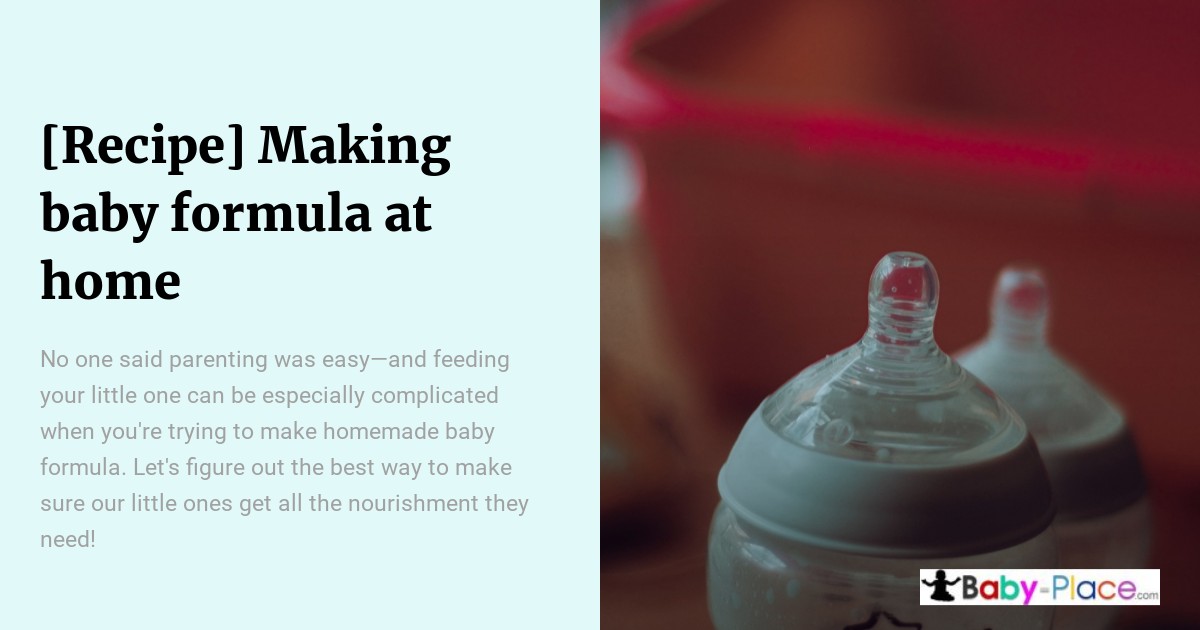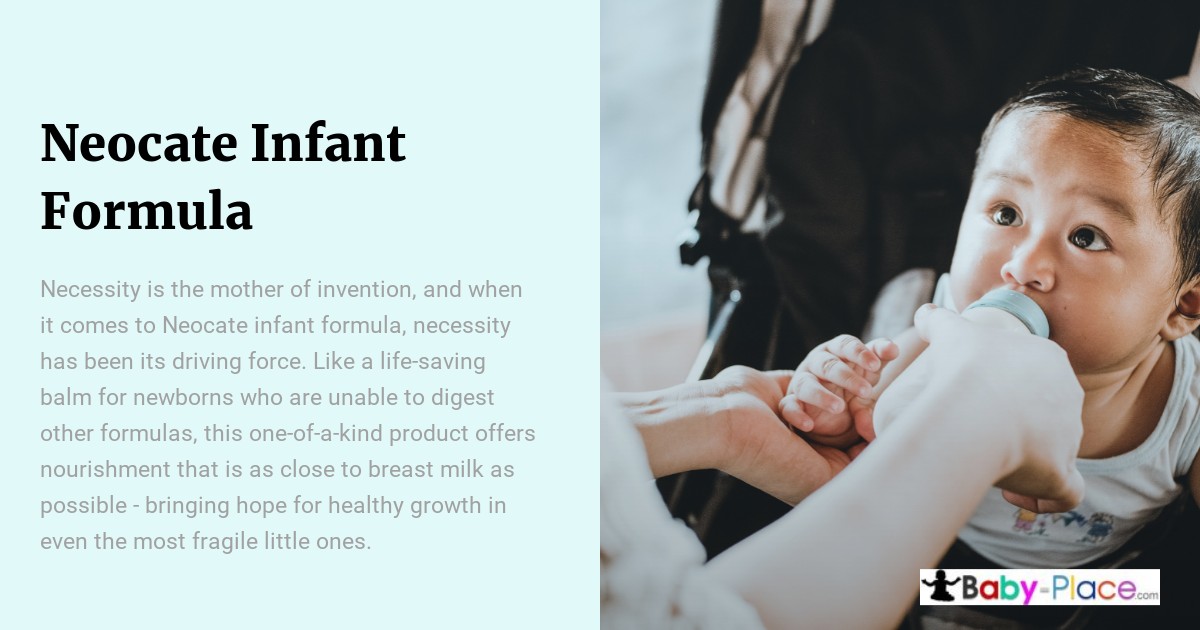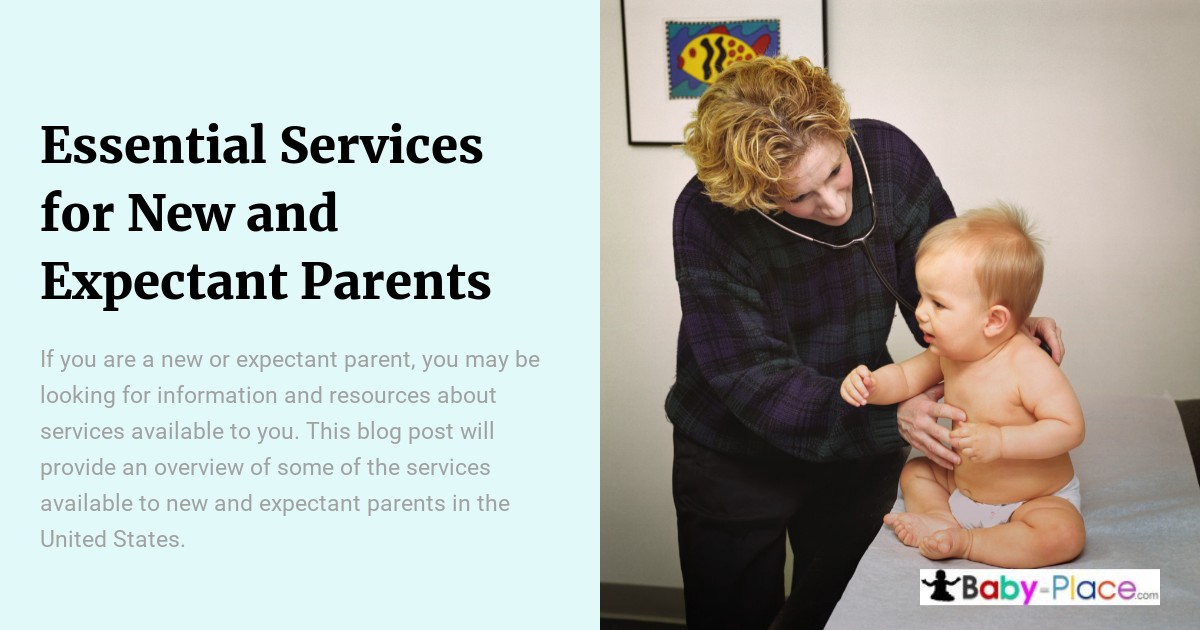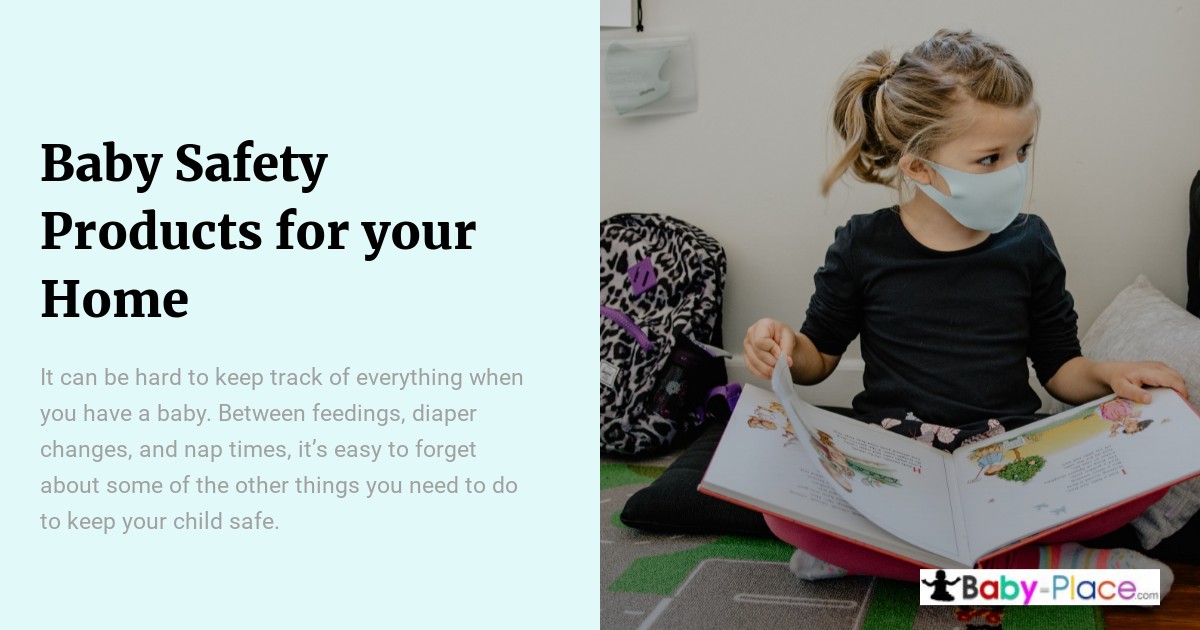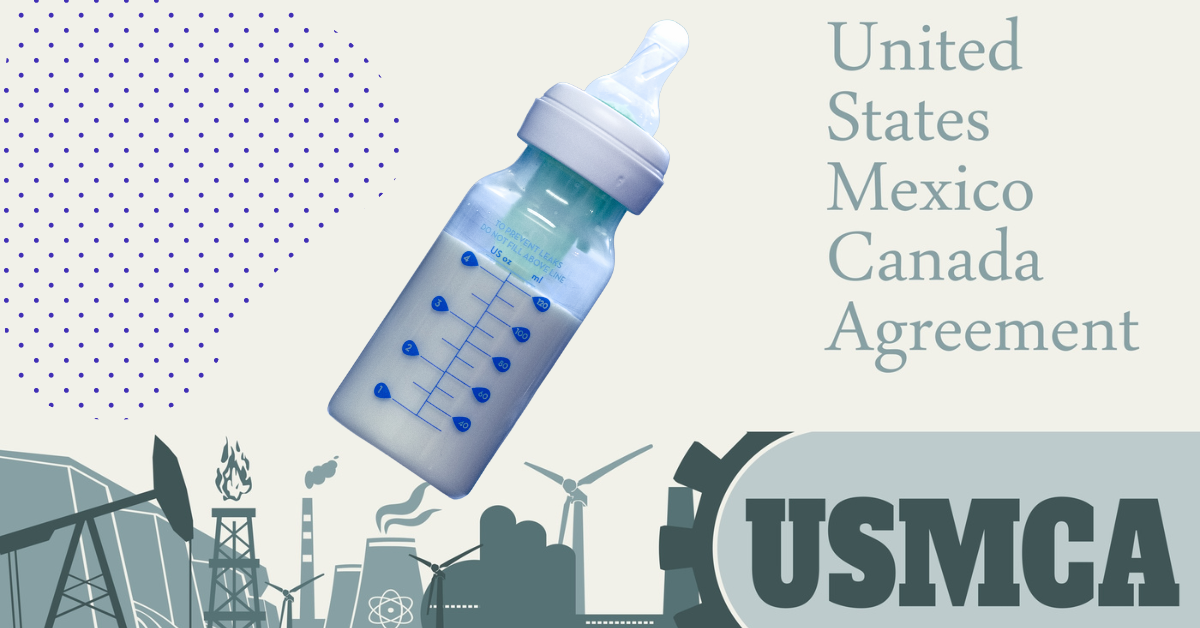WARNING: Never feed your baby homemade formula without speaking with your baby’s doctor. It can be extremely harmful to your baby if not done correctly. Especially in the early months, breast milk is the healthiest nourishment for your baby.
No one said parenting was easy. Feeding your little one can be incredibly complicated when using baby formula. If you have decided to try a homemade recipe to make baby formula, then in this article, we will discuss how to do it safely.
Introduction to Baby Formula
It is important to provide your baby with a nutritionally balanced diet. Feeding your baby the right balance of nutrients is critical to helping them grow strong and healthy. While breastfeeding is the optimal choice for many reasons, especially regarding nutrition, there may be times when formula feeding is necessary.
If you cannot breastfeed or choose not to, buying baby formula can be a safe and nutritious alternative.
At-home formulas provide babies with many of the same beneficial ingredients that store-bought brands offer but in an organic form. The biggest advantages of using an at-home recipe for preparing formula are that the ingredients can be carefully sourced, and you have more control over what goes into the mix.
Before embarking on this homemade recipe journey, it’s important to understand the basics of making homemade infant formula and what ingredients best suit your infant’s needs.
Benefits of Making Baby Formula at Home
Advocates of making baby formula at home argue that making your formula can provide several benefits.
It is often more economical.
Additionally, organic ingredients make you feel confident that your baby is not exposed to unnatural or potentially harmful chemicals or hormones.
Furthermore, some parents have noted that homemade formulas are easier for their babies to digest than pre-packaged mixtures.
Considerations for Making Baby Formula at Home
There is a growing trend of parents making baby formula at home. However, it is essential to do careful research and consult a qualified doctor or infant nutrition specialist before doing so. There are risks associated with homemade formula, such as incorrect nutrient balance or contamination from unsanitary preparation methods.
When making baby formula at home, be sure to consider the following:
Ingredients: It is important to source safe, certified organic ingredients when available and research the properties of each ingredient thoroughly. Many unregulated store-bought brands contain chemicals and sweeteners that are unsuitable for babies.
Protein Sources: Babies need protein for growth and development, but this requires sources with a lower risk of food allergies – such as whey protein concentrate – compared to cow’s milk proteins like casein. Soy proteins must also be used with caution due to potential allergy risks.
Fats: Healthy fats are essential for optimal brain development in infants. The fats should be sourced from certified organic coconut oil or cold-pressed extra virgin olive oil as a base, which can then be supplemented with additional healthy fats like flaxseed oil or cod liver oil if needed.
Vitamins & Minerals: To produce an effective homemade baby formula, it may be necessary to supplement the recipe with additional vitamin & mineral sources such as vitamin D3 (from lanolin), iodine (from kelp), magnesium chloride (from natural sources) and zinc citrate (from plant sources).
Rehydration & Sanitation: You must use either sterile water from supermarket water coolers or Reverse Osmosis (RO) filtered water heated above 70°C to reduce the risk of contamination. Additionally, all equipment must be sterilized thoroughly before use with boiling water. Detergents should not be used as they may leave harmful residue on the equipment after cleaning
Necessary Ingredients and Supplies
Making baby formula at home requires the selection of proper ingredients and supplies. It is important to source high-quality, organic products, as ingredients that are grown with non-organic methods may contain synthetic pesticides and other contaminants. Additionally, for the formula to provide balanced nutrition for an infant, it is important to stick exactly to what is in this recipe.
Once again, only use this baby formula recipe if you first get your doctor’s green light.
- Liquid dairy or dairy alternative (cow’s milk, goat’s milk, coconut milk, almond milk): 1 cup
- Organic sugar or glucose syrup (optional): 1 tablespoon
- Olive oil: 1 teaspoon
- Cod liver oil or Vegan DHA: 400mg
- Unflavored probiotic powder: 1/4 teaspoon
- Choline bitartrate with inositol: 100mg
- Vitamin E oil: 400 IU
- Unmodified cornstarch or potato starch (for thickening): 1 teaspoon
Note: These measurements are approximate and should be adjusted based on the baby’s specific needs.
Additional items: measuring cups/spoons, airtight containers/bottles, sterilizer, and bottle brush.
Step-by-Step Guide to Making Baby Formula
Here are the steps for preparing a bottle of formula for your baby:
- Sterilize with boiling water all bottles, nipples, rings, and other equipment used in preparation.
- Boil clean water for five minutes before use and cool down to room temperature or below before adding the remaining ingredients.
- Measure the correct amounts of powder for each batch of formula according to directions on the packaging or recipe line. Too much powder can lead to health issues such as diarrhea or constipation, while too little can cause problems related to inadequate nutrition.
- Dispense the desired amount of cooled boiled water into a sterilized bottle; add pre-measured amounts of powder accordingly.
- Keep pre-made formulas refrigerated until ready for use; any unused pre-mixed formulas must be discarded after 24 hours if unopened and after 2 hours if opened.
Follow these steps carefully when preparing baby formula at home to minimize the risk of improper mixing and storage precautions.
Conclusion
Making your own baby formula at home is possible but should be cautiously approached. While this may be a cheaper, more natural option than most commercial formula brands, the accuracy of measurements and the ingredients’ quality must be considered to ensure that your baby’s formula is nutritionally balanced and safe.
Be sure to research, consult a physician if necessary, and talk to other mothers who have taken this step before you decide if it is right for you and your baby.

